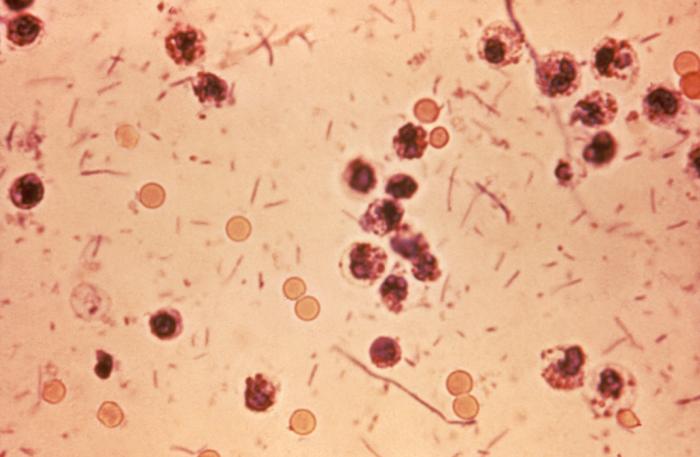A shigella outbreak has been identified in a special medical camp taking place in Kottamparamba near Mayanad in Kerala.

Thus far, an eleven-year-old boy has reportedly died due to an infection, with others being hospitalised. Health officials in the Kozhikode district of Kerala convened emergency meetings and began issuing preventative measures last week after the cases were noted within the urban corporation limits.
Shigellosis, or more commonly referred to simply as a shigella infection, is an acute invasive enteric infection caused by bacteria belonging to the genus Shigella. It is “clinically manifested by diarrhoea that is frequently bloody”, according to the World Health Organization (WHO).
The bacteria enters the body through ingestion. In this way, the transmission of the bacteria frequently occurs through substandard hygiene practices — a common issue in India. Those who have the infection, even after diarrhoeal symptoms have subsided, may pass the bacteria on through contaminated food, water, or surfaces. Once one is infected, the shigella bacteria attacks the epithelial lining of the colon resulting in inflammation of the cells and subsequently the destruction of the cells in severe cases. It takes only a small number of shigella bacteria to enter a person’s system and cause illness.
The infection can cause the aforementioned bloody diarrhoea, and can also cause stomach cramps or vomiting. The infection is most common in infants and the elderly, and commonly transmits within a childcare setting where hygiene measures are subpar. Some may be infected asymptomatically, allowing infection to spread with the infected individual remaining unaware.
As previously reported by Health Issues India, diarrhoeal disease remains the most common infectious condition in India. “In India, acute diarrhoeal disease (ADD) is the most common cause of infectious disease outbreaks,” our report noted. “It accounted for 312 of the 1,649 disease outbreaks reported till December 3 2017 according to data from the Union Health Ministry.”
Health officials have claimed that the situation in Kozhikode has been brought under control, with the remaining individuals with severe symptoms admitted to hospitals in the district. It is believed at this point that after the death of the eleven-year-old-child — themself one of the first to be infected — a number of people were subsequently infected at the funeral. Drinking water provided at the event was believed to have been contaminated by one of the guests who also had been infected.

